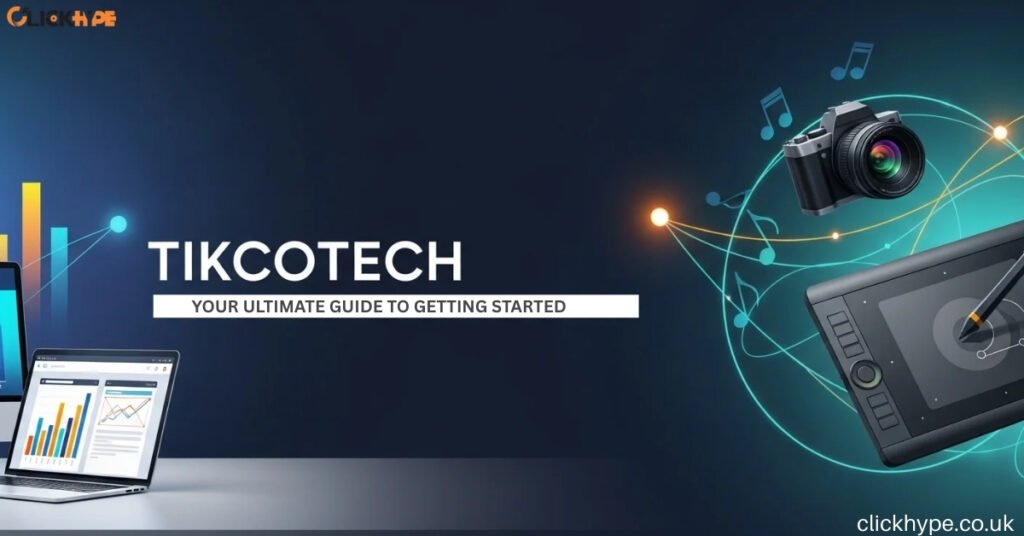Complete SEO Guide for Bloggers in 2025: Boost Traffic & Rankings

Introduction: Blogging is Evolving – Is Your SEO Ready for 2025?
Blogging isn’t what it used to be.
In 2025, blogging is no longer just about writing — it’s about visibility, rankings, traffic, and conversion. With Google’s algorithm becoming more intelligent thanks to AI, EEAT (Experience, Expertise, Authoritativeness, Trustworthiness) and helpful content updates, bloggers now need a strategy, not just skills.
If you’re a blogger dreaming of getting your posts ranked on Google’s first page, driving consistent traffic, and building a sustainable income, this Complete SEO Guide is your golden ticket.
In this blog, we’ll walk you through:
-
What SEO really means in 2025
-
The exact steps you need to follow (on-page, off-page, technical)
-
Latest SEO tools you can’t ignore
-
Common mistakes bloggers make — and how to avoid them
Let’s dive in.
Chapter 1: Understanding SEO in 2025 – What’s New?
SEO in 2025 is no longer about stuffing keywords or building spammy backlinks. It’s about intent, experience, and value.
🔍 Major Changes in SEO:
-
Google’s Search Generative Experience (SGE) is changing how search results appear. AI summaries now sit above traditional rankings.
-
EEAT is king. Google favors blogs that show real-world experience.
-
Core Web Vitals & Page Experience still matter – fast, responsive, mobile-first blogs win.
✅ What You Should Do:
-
Build helpful, well-structured, and long-form content
-
Create author bios, cite expert sources, and share personal experiences
-
Optimize your website for mobile and speed
👉 Pro Tip: Use tools like PageSpeed Insights and Schema Markup Generator for technical SEO enhancements.
Chapter 2: On-Page SEO – Mastering the Basics
This is the part of SEO you control — everything inside your blog post.
✅ On-Page SEO Checklist:
-
Title Tag: Include your target keyword at the beginning (like: “SEO for Bloggers in 2025”)
-
Meta Description: Keep it under 160 characters and enticing enough to get clicks.
-
Headings (H1, H2, H3): Structure matters. Use target and related keywords naturally.
-
Keyword Placement: Add keywords in:
-
First 100 words
-
Subheadings
-
Image alt tags
-
URL slug
-
-
Internal Linking: Link to your other relevant blog posts. Example:
👉 Check out our Keyword Strategy Guide for detailed tips on finding the right keywords. -
External Linking: Link to high-authority sites like Google, Ahrefs, HubSpot, etc.
🛠️ Tools to Use:
-
Yoast SEO / Rank Math
-
Grammarly (for clear writing)
-
SurferSEO (for content scoring)
Chapter 3: Keyword Strategy for Bloggers
The soul of SEO is targeting the right keywords — the ones your readers are actually searching for.
🎯 Types of Keywords You Must Know:
-
Short-tail: SEO, blogging
-
Long-tail: Best SEO tools for beginner bloggers
-
Question-based: How to improve blog rankings?
-
LSI (Latent Semantic Indexing): Related terms Google expects to see
🔍 How to Find Keywords:
-
Use Google Autosuggest and People Also Ask
-
Free tools: Ubersuggest, AnswerThePublic, Google Trends
-
Paid tools: Ahrefs, SEMRush, KeySearch
👇 Want to learn keyword research step-by-step?
Read our full guide: How to Find the Best Keywords for Your Blog
Chapter 4: Content Strategy – SEO Begins Before You Write
Many bloggers write first, then try to optimize. That’s backward. In 2025, content strategy is your SEO engine.
🧠 Plan Like a Pro:
-
Create a content calendar (monthly or weekly)
-
Build topic clusters: e.g.
Main Topic: SEO for Bloggers
Sub-topics: Keyword research, link building, technical SEO, etc. -
Mix evergreen and trending content
-
Keep refreshing & updating older posts every 6–12 months
📚 Recommended read: How to Build a Winning Content Strategy in 2025
Chapter 5: Off-Page SEO – Building Authority
Off-page SEO is how you build credibility and backlinks from other sites.
🚀 Tactics to Try:
-
Guest posting on relevant blogs
-
Collaborating with other bloggers/influencers
-
Submitting your site to directories
-
Sharing your content on Quora, Reddit, and LinkedIn
-
Repurposing blog posts into infographics or carousels for Pinterest/Instagram
💡 Tip:
Don’t chase spammy backlinks. One link from a site like HubSpot or Forbes is worth 100 low-quality ones.
Chapter 6: Technical SEO – Keeping Your Blog Fast & Crawlable
You don’t have to be a coder to master technical SEO — just focus on these essentials:
🔧 Must-Haves:
-
Mobile-friendly design
-
Fast load speed (<2 seconds)
-
Clean, crawlable sitemap (use Yoast or Rank Math to auto-generate)
-
SSL certificate (HTTPS)
-
Fix broken links (use tools like Screaming Frog)
🧪 Test Your Site With:
-
Google Search Console
-
PageSpeed Insights
-
GTmetrix
Chapter 7: Common Blogging SEO Mistakes to Avoid in 2025
Avoiding mistakes is just as important as doing the right things.
❌ Don’ts:
-
Keyword stuffing
-
Ignoring internal linking
-
Copy-pasting AI content without editing
-
Writing without search intent in mind
-
Skipping alt-text in images
✅ Do This Instead:
-
Use AI as a helper, not a replacer
-
Think like a reader: “What would I search if I needed this info?”
-
Keep tracking & updating your posts monthly
Conclusion: Be the Blogger Google Can’t Ignore
SEO isn’t dead. It’s evolving — and now is your time to evolve with it.
By applying everything in this guide, you’ll not only increase your blog traffic but also build trust, authority, and long-term success.
Stay consistent. Track your performance. Update your posts. And most importantly — write for humans, optimize for Google.
FAQs – SEO for Bloggers in 2025
Q1: How long does SEO take to show results in 2025?
A: With consistent effort, you may see results in 3–6 months. But some posts can rank faster if they target low-competition keywords.
Q2: Is SEO better than social media for blog traffic?
A: SEO brings long-term, passive traffic. Social media is faster but short-lived. The best bloggers combine both.
Q3: Can beginners learn SEO easily in 2025?
A: Yes! With the right tools and guides like this, anyone can learn. Start small and scale.
Q4: What are the best SEO tools for bloggers?
A: Free: Ubersuggest, Google Trends, AnswerThePublic
Paid: Ahrefs, SEMrush, SurferSEO, KeySearch
Q5: Should I use AI tools like ChatGPT for SEO?
A: Yes, for outlines, meta descriptions, and research — but always humanize and edit your content.










